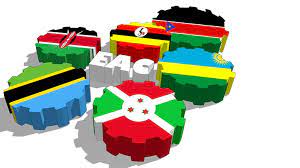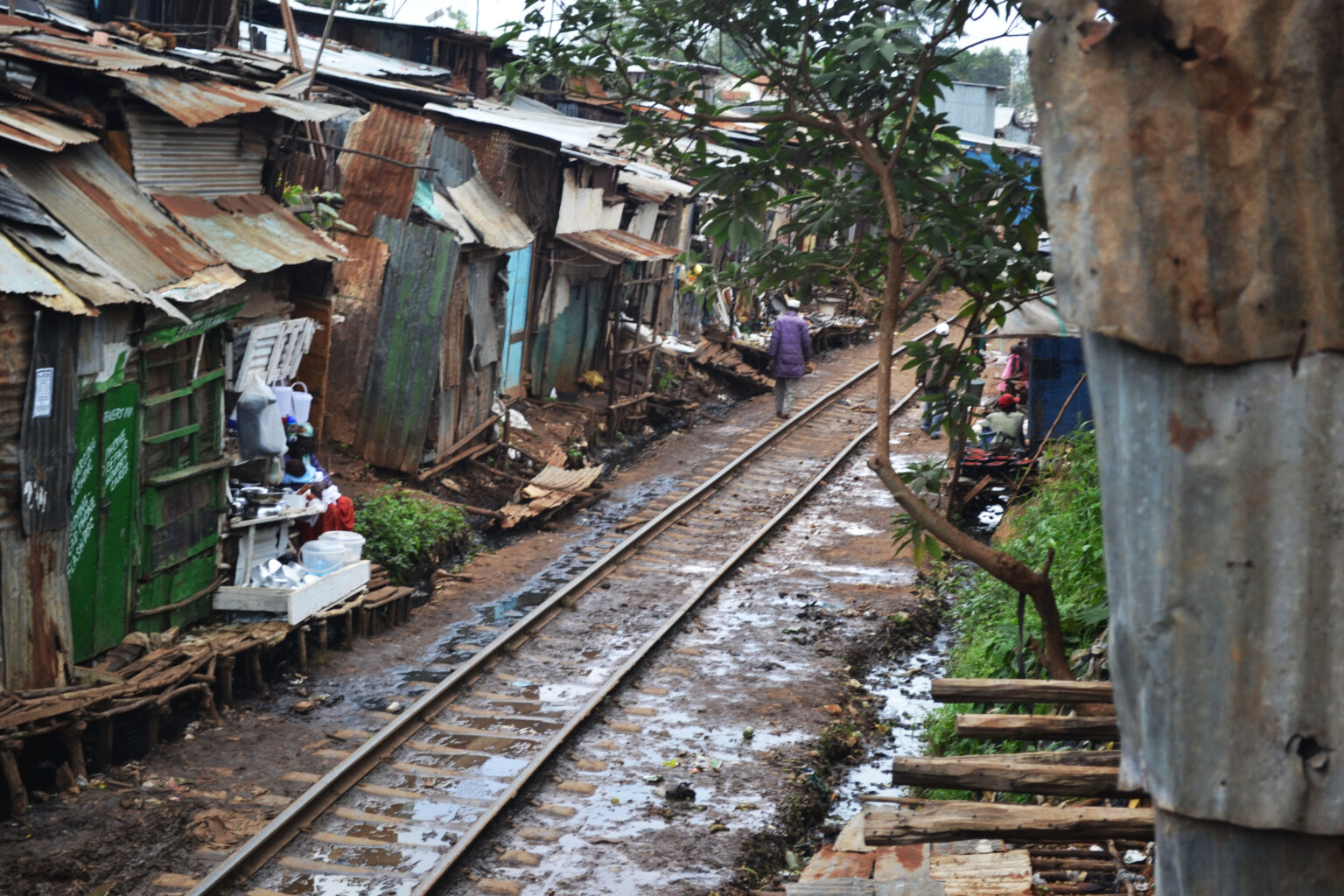
That maybe they will be enlightened to some new ‘fair trade’ concept that they are not aware of or maybe they will be moved to—maybe cut back on their exports to Africa?
Both sides would do well to recall what is buried in the shallow graves, engraved thus: ‘When East African countries suggested ending import of second-hand clothing to boost their own garment manufacturing industries, AGOA contracts forced them to abandon the idea and continue wearing used American apparel.’
When the high ranking African delegate, Wamkele Mene, suggested before top US economic diplomats that ‘…the continent must change course by boosting intra-Africa trade and output,’ was it expected that the West will be so moved as to finance Africa to industrialize, to add value to its raw products and trade amongst themselves at the expense of US industries?
One wonders how pleased the West is (and the Far East) with an African Free Trade Area (AfCFTA), a proposal for Africa to manufacture final consumer products from the raw materials that they have been exporting since the colonial era and then to trade these final products among themselves.
A proposal for the West not only to contend with losing ‘the largest (market) in the world but to actually facilitate it.
“Africa cannot be the raw material producing and exporting economy of the past if it is to achieve the economic transformation required for prosperity and to generate the jobs for its youthful population,” Mene told a panel of US officials.
What are the originators of ‘divide and conquer’1 to make of the assertion: “…for too long, the character of Africa’s economy has been a fragmented continental market, lack of economies of scale, a shallow productive capacity and a continued over-reliance on the export of primary commodities.”
As well the conclusion: “All of this resulting in what I refer to as a colonial economic model.”
If you were a member of the US panel and with the clear knowledge that for centuries, your economy has depended on this ‘colonial economic model’ how moved would you have been? Moved enough to forgo your privileges and free Africa’s economy at the expense of losing a billion-strong market? I don’t think so.
Was the first Secretary-General of the African Continental Free Trade Area Secretariat naïve to expect a good speech would uproot centuries of well-crafted African-dependent economies—what he himself described as a colonial economy?
One thing that the Rhodes Scholar did get right is the fact that not only is Africa under a colonial economy but in fact, the reins of this dependent economy are been pulled ever so hard. “Africa is less industrialised today, than it was in the 1970s, with manufacturing contributing 10 per cent to Africa’s GDP compared with 15 per cent in the 1970s,” he revealed.
Then in a rather bold and unprecedented stance, the London School of Economics and Political Science graduate declared: “Africa intends to reverse this historical anomaly.”
Changing Tides: A Balance of Economics
The Sino Easterlies a-blazing, the Beijing trade winds are a force to contend with and now, China has out-run, out-invested and out-numbered all foreign influence in Africa. Over the span of the last dozen years or so, Sino-African ties have out-grown centuries of Western influence on the continent.
Today, China is Africa’s biggest trade partner and boasts the largest foreign investment in the continent. According to Johns Hopkins University, approximately 30 per cent of Chinese overseas construction contract revenue is from African markets.
According to Western analysts, this is not all a gesture of goodwill. “China’s economic growth has increased its need for raw materials, particularly industrial metals, and fuels. Africa has vast natural resources and, owing to low levels of industrialization…” we all know where they are going with that statement.2
So China is in it for its own benefit; some breaking news, Bob. After all, who isn’t?
Here is the real news flash. It is crunch time and here are the numbers. In 2019, FDI from the US to Africa was US$78 billion, making it the top investor in the continent followed by the UK with US$65 billion; then came France with US$53 billion and taking the rear was China with US$44 billion.
Impressive Bob, but China is not to be outdone and just two years down the road Beijing has managed to out-do all the above clocking a record high of US$139.1 billion. According to figures from China’s Ministry of Commerce, trade between China and Africa almost doubled increasing 40.5 per cent year-on-year in the first seven months of 2021.
Africa seems to be responding in kind. ‘Imports from Africa into China increased by 46.3 per cent between January and July 2021,’ the Ministry maintains in the same report. The question of what those imports are, well, that is discourse for another article, but yes, it is raw materials, just as it is to the West.
And so the race for Africa’s resources continues. Turn west, turn east – data suggests all are in for their own goals, and why not? Only real question is, what bold, visionary, belt-tightening and even apprehensive model will see Africa tilt the balances of economies?
We are still asking the West (and the East) to fund our development. What are the opportunity costs of this approach to development? Is the AfCFTA willing to forgo the immediate gain of foreign aid for infrastructure for long term independent development? After all, all roads lead to (Africa’s) ports…
I suppose it is time to rest my case, or rather, ease the ruffled nerves. No, the goal of the AfCFTA is not to isolate Africa; it is not to cut trade ties with the rest of the world. The AfCFTA simply wants to increase Africa-Africa trade, facilitate internal trade amongst the continent’s countries.
The West and the East can rest assured the chains enforced by brute force in the 19th century and those moulded in secret contracts in the 21st century hold strong; raw material is for the developed world and the exploding population is here to serve as your market to buy your final goods. Sounds good?
“The AfCFTA has immense potential to spur economic growth and transform the continent’s development prospects if additional measures are taken to realize and fairly distribute its many potential benefits, as these gains will not come automatically”, said UNCTAD Secretary-General Rebeca Grynspan (UNCTAD’s Economic Development in Africa Report 2021 Dec.)
1 Yes it was the Brits not the Yankees but you get the point – Author
2 China in Africa: The Role of Trade, Investments and Loans Amidst Shifting Geopolitical Ambitions (AUG 25 2021)
